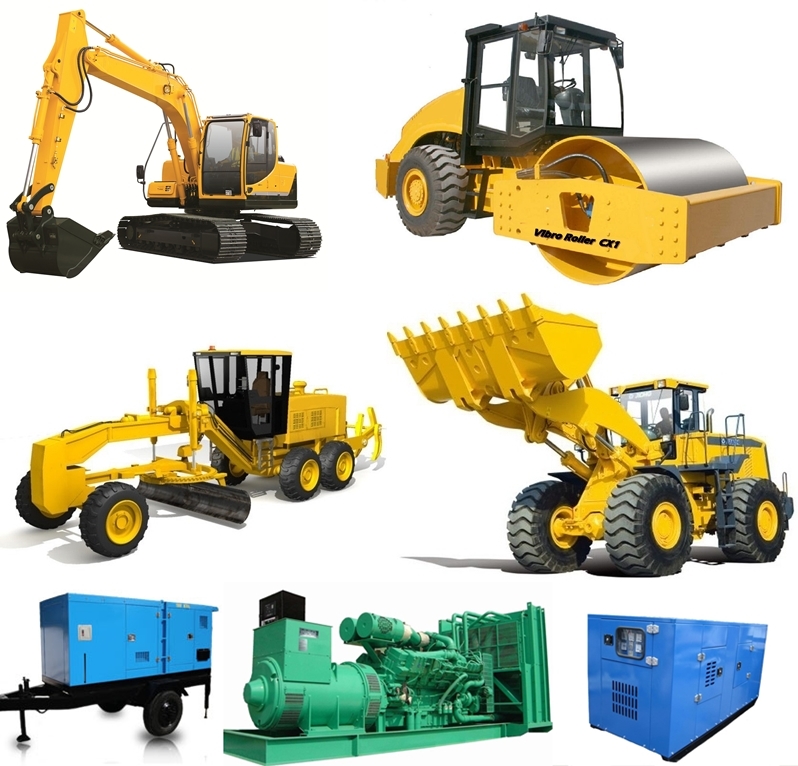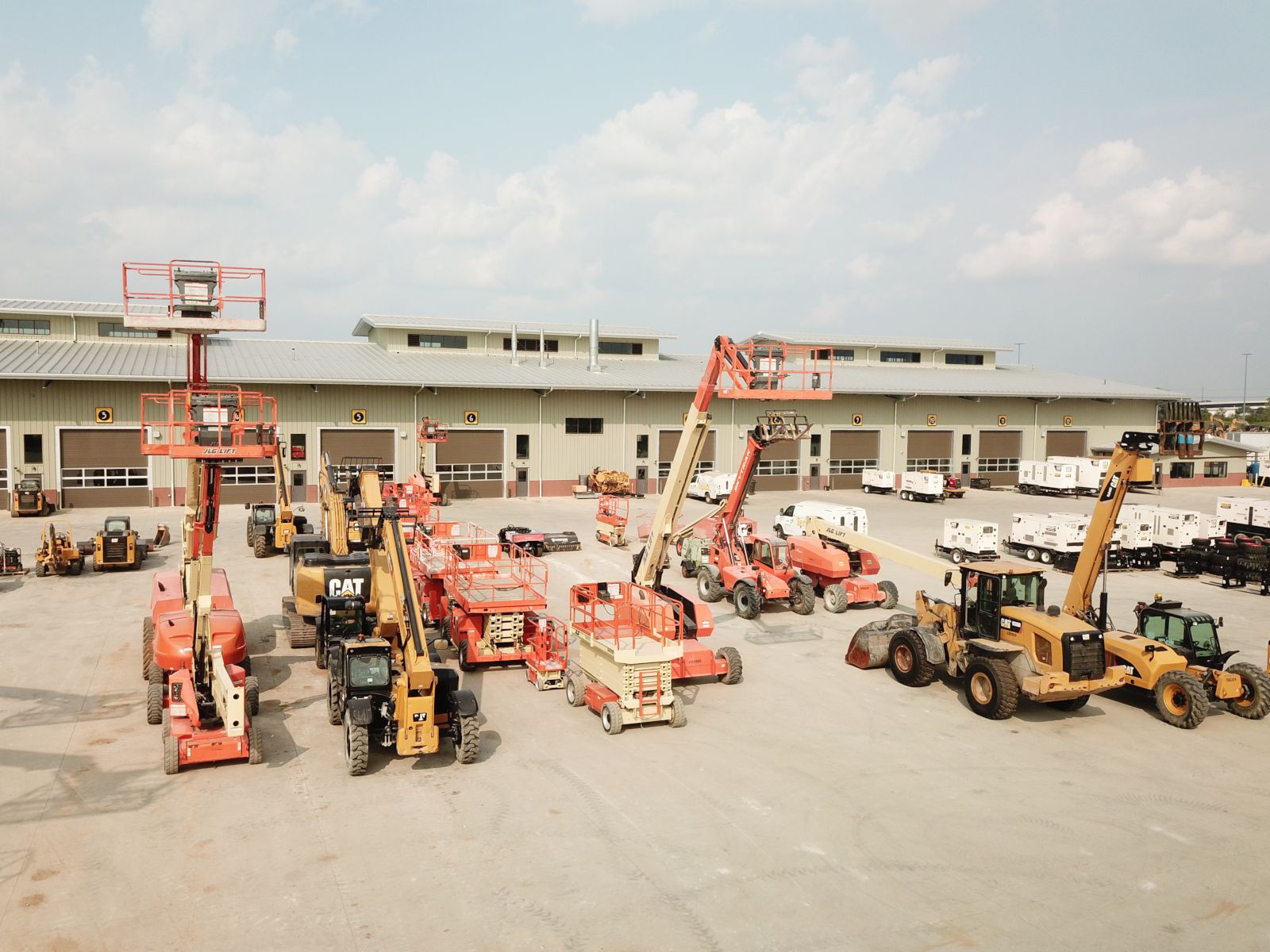Dozer Rental: Powerful Earthmoving Tools for Your Construction Needs
Dozer Rental: Powerful Earthmoving Tools for Your Construction Needs
Blog Article
Maximize Your Budget Plan by Understanding the Prices Related To Construction Equipment Services
Recognizing the full extent of costs connected with building equipment rentals is critical for maximizing your spending plan. What techniques can be utilized to effectively take care of these expenses and make certain a more effective rental experience?
Summary of Rental Costs
When taking into consideration building and construction devices rentals, comprehending the connected costs is extremely important for efficient budgeting and job preparation. Rental expenses can vary dramatically based on numerous elements, consisting of equipment type, duration of rental, and location. The first rental fee often mirrors the equipment's market demand and its linked operational capacities, influencing the total expense.
In enhancement to the base rental rate, supplementary prices might arise, such as transportation costs, fuel surcharges, and upkeep fees. It is vital to make up these additional costs to precisely assess the complete cost of renting equipment. In addition, the rental period can affect pricing; longer services may qualify for reduced prices, while temporary rentals may sustain greater daily charges.

Malfunction of Rental Rates
A detailed understanding of rental prices is necessary for specialists and project supervisors intending to enhance their budget plans. Rental rates for building equipment usually include a number of components, including base prices, time-based costs, and usage charges.
Base rates are the core fees associated with the leasing of the equipment, typically figured out by the kind and size of the equipment. These prices can differ substantially, influenced by elements such as equipment need, schedule, and local market patterns. Time-based costs, which might be daily, weekly, or monthly, offer to fit different project timelines and rental periods.
In addition, rental rates might include usage costs, which apply when tools is made use of past a specified limit, making sure that the rental business can account for wear and tear. Seasonal demand fluctuations can also influence rental rates, with peak construction periods generally commanding greater prices.
Furthermore, understanding the rental company's policies relating to maintenance and insurance coverage can offer more insight right into the general price structure. By assessing these components, service providers can make informed decisions, making sure the selection of rental devices straightens with both project needs and spending plan restrictions.
Extra Charges to Take Into Consideration
Recognizing the ins and outs of additional charges is vital for contractors to handle their total rental expenses efficiently. Beyond the conventional rental prices, numerous additional fees can dramatically influence the complete price of tools rental. These fees frequently include shipment and pickup charges, which can vary based on distance and logistics associated with carrying the devices to and from the task website.
Moreover, some rental business might enforce fuel surcharges if the equipment is returned with less fuel than when rented. It is additionally necessary to recognize potential cleansing costs, specifically for customized devices that needs detailed upkeep after usage.

Completely reviewing the rental agreement and making clear these extra fees ahead of time can help service providers make certain and stay clear of unforeseen costs that spending plans remain undamaged throughout the task lifecycle.
Upkeep and Repair Work Expenses
Normal maintenance and fixing costs are usually ignored factors that can dramatically influence the total expense of construction equipment services. When renting tools, it is important to consider not just the rental costs yet also the prospective costs related to keeping the equipment in optimum operating condition.
Numerous rental companies consist of standard maintenance as component of the rental contract; however, more extensive fixings or unexpected breakdowns can cause added expenses. It's important to review the rental contract very carefully to recognize what upkeep services are covered and what responsibilities fall on the occupant.
In addition, equipment that is not well-maintained can result in ineffectiveness on the work site, potentially causing delays and boosting project costs. To minimize these threats, it is advisable to conduct regular assessments and keep open interaction with the rental provider regarding any issues that arise throughout usage.
Insurance Policy and Responsibility Prices
Insurance policy and obligation expenses are vital elements that can dramatically influence the general cost of construction equipment services (equipment rental company). These prices make certain that both the rental business and the client are protected from possible monetary losses arising from mishaps, damage, or burglary throughout the rental duration

Additionally, customers must understand any deductibles or exemptions in the insurance plan, as these can affect prospective out-of-pocket expenses. Understanding the terms and problems of any insurance protection is important to stay clear of unforeseen costs. Eventually, budgeting for insurance and obligation expenditures can help make sure a smoother rental experience and protect versus financial dangers linked with building jobs.
Verdict
In final thought, a detailed understanding of the costs linked with construction tools services is essential for reliable spending plan administration. Inevitably, notified decision-making regarding tools services contributes to the general success of building and construction ventures.
Rental costs can differ dramatically based on a number of factors, consisting of equipment kind, duration of rental, and place (forklift rental). The rental period can impact rates; longer rentals may certify for reduced rates, while temporary rentals may sustain greater day-to-day fees
By carrying out complete study and involving with reputable rental companies, professionals can efficiently browse the intricacies of rental prices, inevitably maximizing their financial sources.
Past the basic rental rates, numerous supplemental fees can dramatically affect the total cost of devices leasing. Rental firms often provide obligation insurance coverage that covers injuries to 3rd parties or damages to residential or commercial property, while equipment damage insurance policy can cover the cost of repair work or substitute if the leased devices is damaged.
Report this page